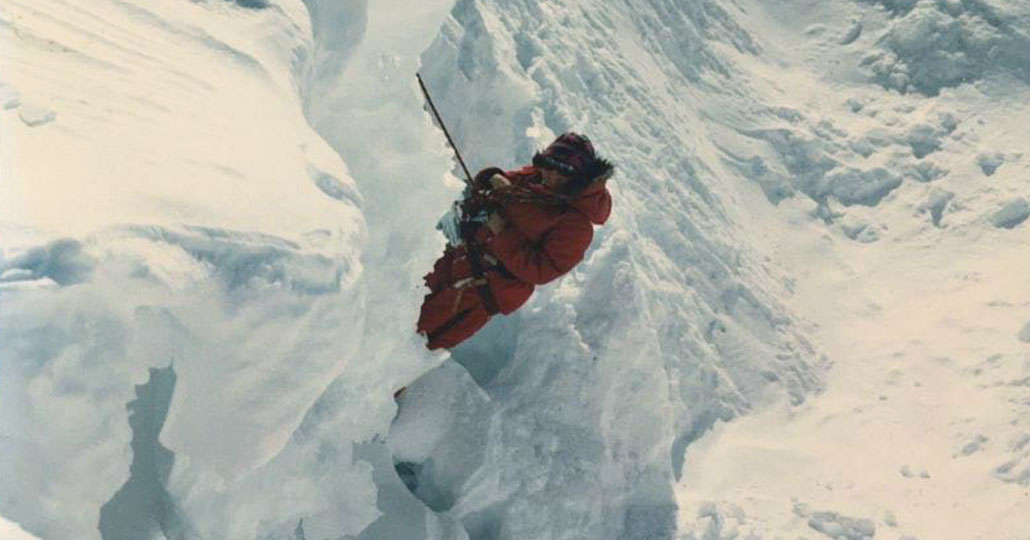Plane sailing
• May 18, 2017

Refuelling a c141 aircraft in midair 1985. Photo: Supplied
A team of scientists is set to defy tradition by debuting a series of routine winter flights to Antarctica next month.
Until now, a mere handful of flights have been attempted during Antarctica’s coldest months, due to extreme weather conditions.
After February, flights typically have to wait until late August before sending in supplies, as Antarctica only has two seasons –summer and winter.
“We’re all really excited,” said logistics manager at Antarctica New Zealand, Paul ‘Woody’ Woodgate.
Antarctica New Zealand is a science and environmental institute set up by the Government in 1996 to manage its interests in Antarctica and the Ross Sea.
“When they land this time round it will be -40 degrees, not including the wind. That’s hard just on the planes’ engines, let alone the people,” said Mr Woodgate.
Winter flights “have been a goal for decades,” continued Mr Woodgate, “and we are excited that this year we can make them routinely for the first time.”
“There have been a number of flights as a proof of concept, with some successful landings mid-2016. But, as they become more regular, we will be better educated about the scientific possibilities open to us.”
Antarctica New Zealand will send three planes down: on June 1, July 23 and August 20 – weather-dependent.
Mr Woodgate attributes night vision glasses technology from the United States as the key to winter landings’ success.
“With modern technology, they have better understanding of where the ground is…which certainly helps!” said Woody.
The flight will be used for swapping base staff, and running out supplies and things they miss from home.
“The science work is also really important,” said Mr Woodgate. “In recent years climate change has increased the urgency somewhat.”
“Small island nations, are at massive risk of flooding if the Antarctic continues to melt. We have a rare opportunity to drill into the ice to understand what’s really going on down there.”
Allan Gray, a radio and satellite technician, is set to head on the second flight down in July, and said “he’s just seeing more of his home country”.
“New Zealand extends down to the South Pole, and our Ross Ice Shelf is a global scientific interest. Seeing it in the winter should be something special,” said Mr Gray.
“This will make such a difference to the way we explore these more hostile environments,” said Dorothy Spiotta, who has been on two missions to the Antarctic.
“We used to have to refuel planes mid-flight, and some would have stay there for six months before the next plane would come in.”
Ms Spiotta said she would never forget her experiences.
“Totally life changing. I remember learning about crevasses and how to stop yourself from falling in if you slip and, if you do, to abseil in and out of it. Just exhilarating.”
New Zealand scientific work in the Antarctic has continued with support from other nations for six decades.

Dorothy Spiotta abseils down an ice-cliff Photo: Supplied

Whakatairanga ka tika, whakamaua ngaa mita
AISHA CAMPBELL (NGĀTI RUANUI, NGĀ RAURU, NGĀ RUAHINE, TE ATIAWA, TARANAKI) • October 28, 2025

Supporters hope new council will save Western Springs Speedway
Savannah Lendich Jonkers • October 8, 2025


Whakatairanga ka tika, whakamaua ngaa mita
AISHA CAMPBELL (NGĀTI RUANUI, NGĀ RAURU, NGĀ RUAHINE, TE ATIAWA, TARANAKI) • October 28, 2025

Supporters hope new council will save Western Springs Speedway
Savannah Lendich Jonkers • October 8, 2025



